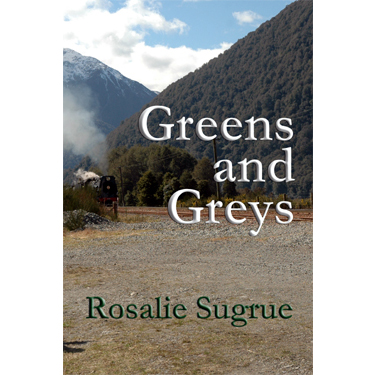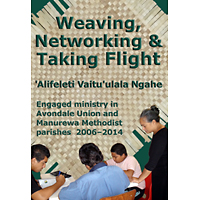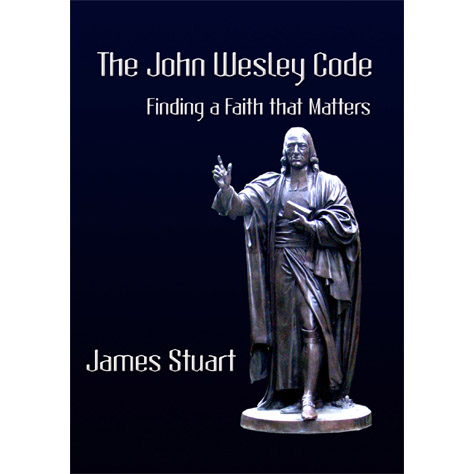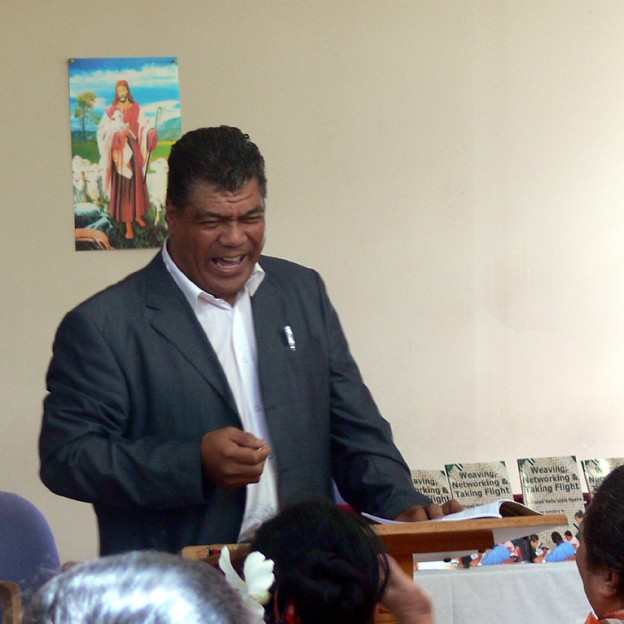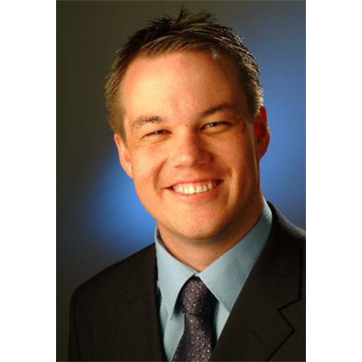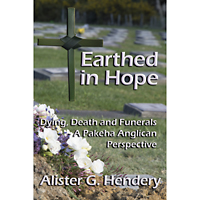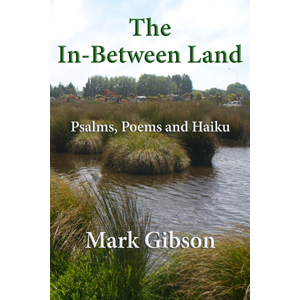Earthed in Hope
Lloyd Ashton asked Alister Hendery what should we be offering to Kiwis dealing with death.
 Alister Hendery’s new book Earthed in Hope – Dying, Death and Funerals, a Pakeha Anglican Perspective was launched in Wellington last November. It is the fruit of a life that has specialised in death.
Alister Hendery’s new book Earthed in Hope – Dying, Death and Funerals, a Pakeha Anglican Perspective was launched in Wellington last November. It is the fruit of a life that has specialised in death.
Over the course of 35 years in ministry, Alister has taken more than 1500 funerals – both as a priest and celebrant. He has also worked as a counsellor specialising in grief and loss.
Death is even a feature of Alister’s chosen sport.
A few years ago he took up powerlifting.
The demands of wrestling with a loaded Olympic bar saw him through the more intense periods of writing his book, he says.
He found too, that one of the sport’s three lifts became his favourite:
The deadlift.
“I’m often asked,” he says, “whether I find such a concentration on death depressing.
“On the contrary. It’s life-giving, it adds a sense of immediacy to life, teaching me to measure the present moment and to rely on the grace of God – believing, as I do, that the life I have and the life I will know after death is a gift from the One who created me and loves me.”
If appearances are anything to go by, that’s not mere talk, either.
Because Alister Hendery has an impish grin, a twinkle in his eye, and a ready wit.
Alister decided to write his book because he was appalled by the “acute lack of any serious writing about funeral ministry” in New Zealand.
He wanted to do something about that, to offer resources for funeral ministry – but also to kick-start conversations about death and bereavement.
Because death, he says is a subject we don’t talk about nearly enough.
It has been marginalised, even in the church.
“I go to Anglican funerals,” he says, “where the word ‘death’ is not used.
“The church has been seduced by a societal obsession with the beauty of youth.
“Of course youth matters. But not at the price of ignoring the elderly, and putting things like ministry to the dying and dead into a second tier.”
That lack of deliberate reflection about death and dying is all the more serious, he says, because the Kiwi Zeitgeist has changed.
“How we approach death, how we mark it, what we believe about it, what we do with our dead, has changed radically over the past four decades – and funeral ministry is caught up in this windstorm of cultural change.”
While the church has moved inexorably from the centre to the periphery of our culture, he says we haven’t seen the opportunity that lies at our feet.
“2016 marks the beginning of the demise of the baby boomer generation.
“The funeral industry is positioning itself for this development, but is the church readying itself with as much energy and commitment?”
We haven’t grasped, says Alister, that funeral ministry is “at the edge of our connection with society.
“It’s the place where the gospel and contemporary culture most keenly interact.
“Because it’s the area, as the Prayer Book says, that touches us most deeply.”
Alister began research for his book in 2010.
Within a year, Pike River and the first of the Christchurch quakes had happened.
“Suddenly, with Pike River, you had what one commentator described as the first expression of public grieving on the social networks.
“I was able to download literally thousands of postings, and a picture very quickly emerged.
“And I can tell you that neo-Platonism, the belief in an immortal soul, is alive and well. People are reverting to ancient images of the ferryman crossing the Styx.
“There is no concept of the Judaic-Christian belief in the resurrection of the body. It simply is not out there.”
‘You never find closure’
In the wake of Pike River, Alister got tired of hearing the word closure being bandied around.
It comes, he says, from a 1970s model of grief. “The idea that if you achieve certain goals, people will be able to move on.”
“But human being just don’t work like that. Grief is a time of utter chaos. And we each grieve uniquely. It can’t be stylised in the form that the media present it.
“You never find closure to grief.
“It is always a part of you.
“We look for change. Radical change.
“But that’s not closure. I would go so far as to say that the whole psychological linear model is feeding people a lie.”
“I was watching a movie on day, and suddenly my eyes filled with tears. And it was a grief 30 years old.
“It was almost as though it had tapped me on the shoulder and said: ‘Just pay attention’.
“I didn’t need to go to a therapist. It said: ‘Just notice me. I’m still here in your life.’
Alister is not picking a fight with celebrants. After all, he’s been one himself.
“The church could learn from good celebrants,” he says, “about personalising and expressing the uniqueness of this death.
“What celebrants can’t do, is draw on the richness of the church’s tradition. And the strength of hope that we have, as we look beyond this death.
The celebrant funeral, he says “is often almost entirely retrospective.
“It’s for the living. But the church says” ‘No. It’s not just for the living. It’s for the dead, too.’
We acknowledge the retrospective – but we say there is a prospective dimension. There is a hope.
“That is still the gift the church has. But what the church needs to do, is to learn to speak the language of the people around it.”
Alister Hendery was ordained in 1980.
He’s now 61.
“Because my life on earth is now more memory than future,” he writes, “I am increasingly mindful of my own mortality.”
Having officiated a hundreds of funerals, he now practises a discipline:
“As I leave a funeral, I take a moment to be still, and in that stillness I say to myself:
“One day this will be me.
“One day, I shall not walk away from this place.
“Should I forget this, the liturgies of the church remind me of my mortality and the need to prepare for death – my death.”
And the last words of his book are a quote form what he considers to be an “utterly brilliant resource” – the New Zealand Prayer Book:
There is nothing in death or life,
in the world as it is,
or the world as it shall be,
nothing in all creation,
that can separate us from the love of God
in Jesus Christ our Lord.
(Romans 8:38-39)
Click to order Earthed in Hope eBook or Print book

